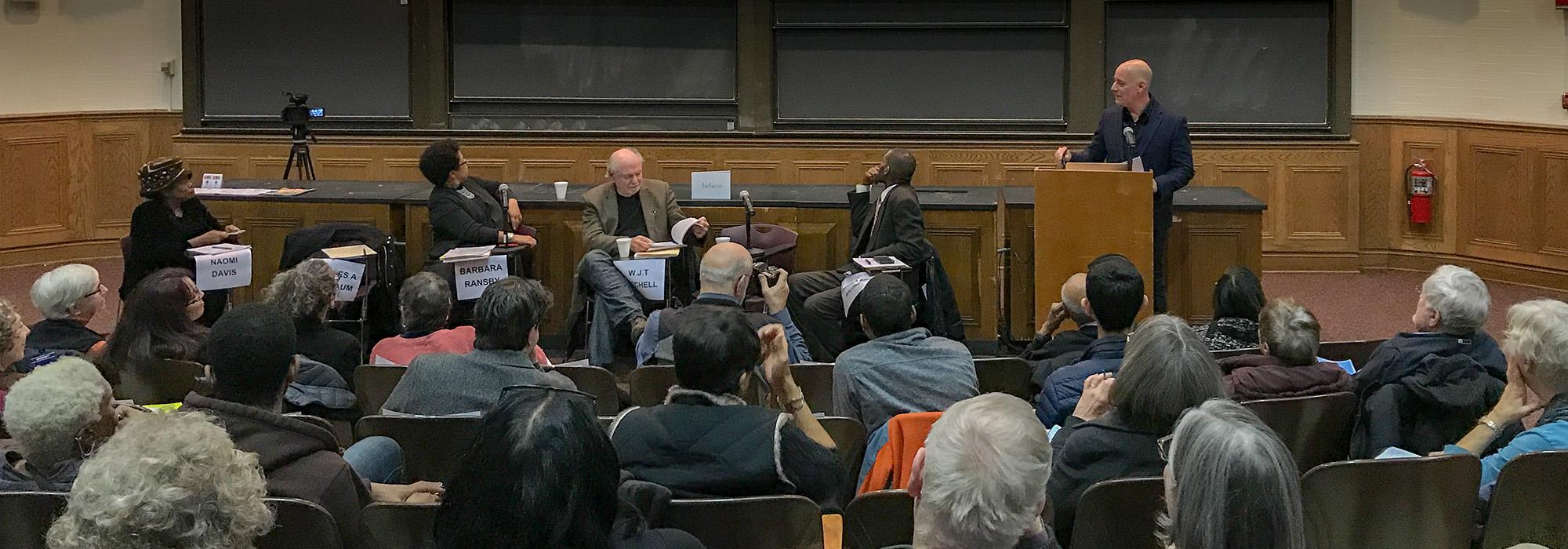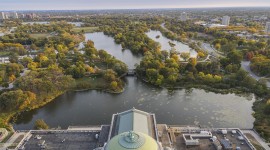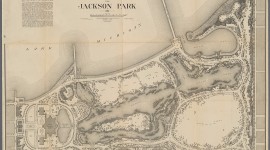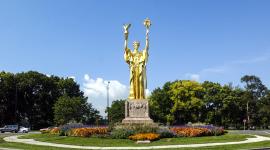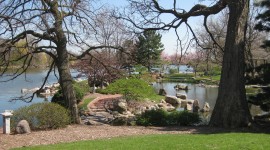OPC Symposium Stirs Emotions, Crystallizes Concerns
On Wednesday, March 7, 2018, a symposium on the potential impact of the Obama Presidential Center, slated to be built in historic Jackson Park on Chicago's South Side, was held at the University of Chicago. The event, organized by the university’s Professor W.J.T. Mitchell, featured a panel of national and local leaders in landscape architecture, community investment, and urban planning. The symposium was spirited, illuminating, and at times manifestly cathartic. The participants presented a broad range of views about park equity, economic development, and the local history of gentrification, and the attendees raised numerous concerns and grievances.
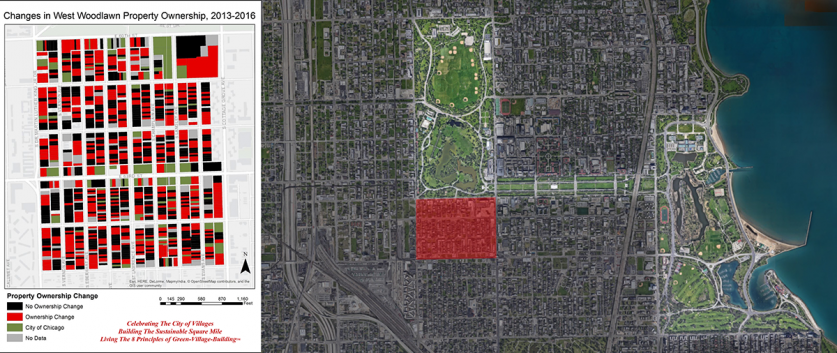
There were frequent expressions of hope that the OPC would deliver on its promise to help revitalize South Side neighborhoods, which residents felt have long been neglected, and that the revitalization would not displace the very members of the community it has promised to help. The meeting, full of impassioned pleas and sharp differences of opinion, clearly revealed the frustration that many local residents feel about not being heard: The several community meetings organized by the Obama Foundation thus far were cited as being so tightly controlled and carefully scripted—more like “marketing events and pep rallies,” as one participant put it—that they precluded any meaningful community input. The evening also revealed the sharp divide between those who want an end to protest and debate about the OPC, seeing it as the South Side’s “last best chance,” and those who remain unconvinced about many of the details surrounding the project and want a more open, deliberative process.
Although representatives of the Obama Foundation, Chicago Park District, City of Chicago, and the University of Chicago were invited to take part in the public symposium, none attended.
[Note: Below is a link to the entire symposium; remarks by TCLF's Charles Birnbaum begin at 15:29].



